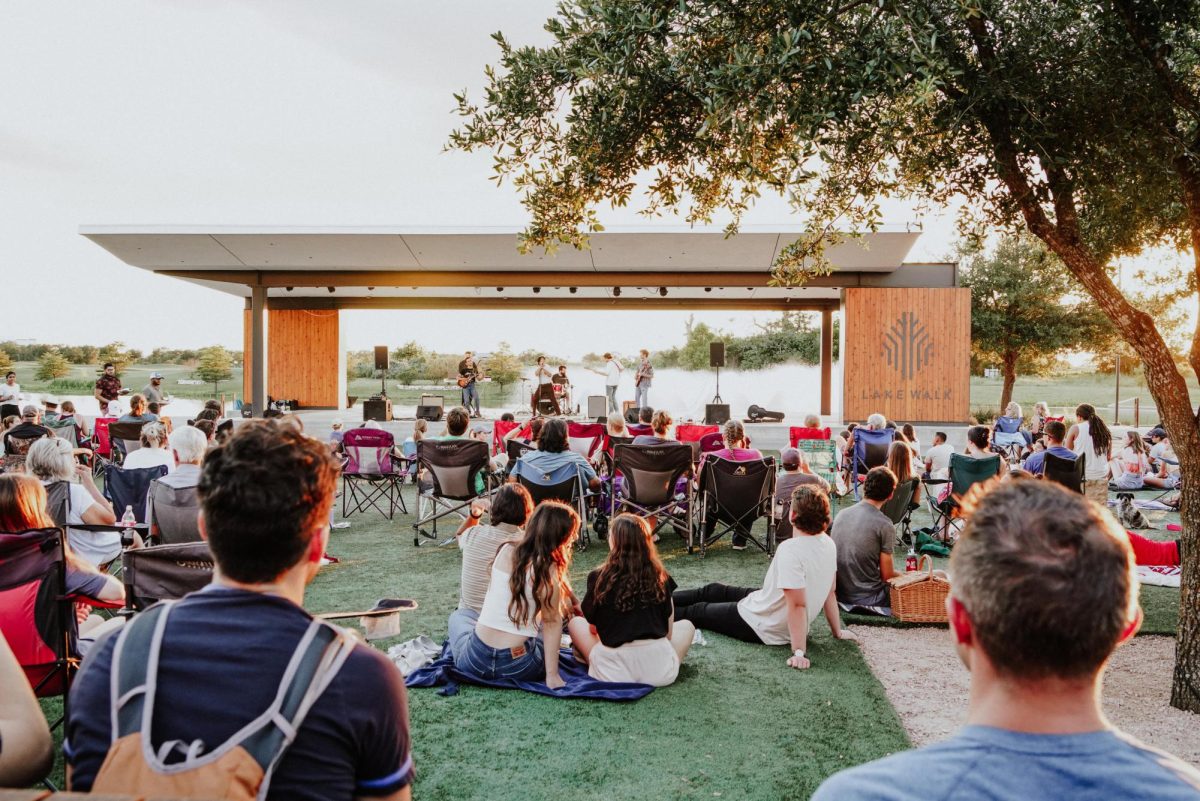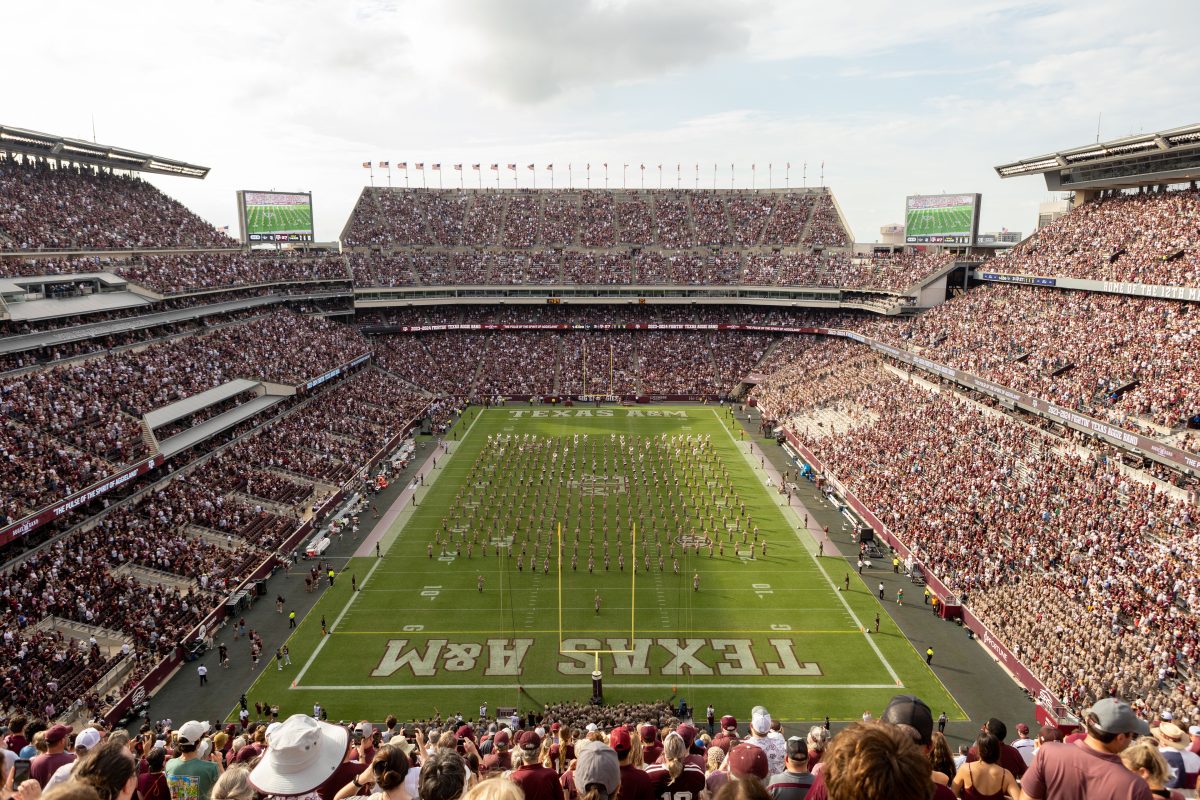Even religious leaders know that they are sometimes taught the gospel by the people they are trying to preach to.
On a 2016 mission trip to Athens, Greece, Matt Morton met a family of Syrian refugees who were living in the city. Morton, pastor of Grace Bible Church Creekside, said the family took the group into their home and showed them around the city even though they were strangers there themselves.
“Very ingrained in their hearts was a desire to express kindness and hospitality and to make an impact on us,” Morton said. “Instead of them wanting to take anything from us, their reaction was, ‘What can we give to you?’ That reminded me that everybody wants to make an impact on other people because that’s the way God, I think, has made us. He knows we want to make an impact on people.”
Morton said this kind of impact is what millennials and Generation Z are looking for in their walks of faith, which explains their tendency to choose nondenominational churches over their denominational counterparts.
“I think millennials say, ‘I want to do something in the world that makes an impact,’” Morton said. “Not just find a career and earn a lot of money, but millennials do tend to engage with social [and] political issues a little bit more.”
This trend of young people leaving their home churches can be traced back to the time of industrialization when younger people were moving away from home and to the cities, Morton said.
“They feel less tied to the religious heritage of their parents,” Morton said. “If you’re a young person living in a large city and your parents are living 300 miles away, you’ve got a lot of options. You might not go to church at all. You might go to a totally different religious experience than your parents.”
This doesn’t mean people are abandoning their religion altogether though, as according to the Christian ministry organization Focus on the Family, church attendance has consistently slowed at college age since the 1950s, before picking up again once young people get married.
Robin Veldman, Ph.D. and Texas A&M assistant professor of religious studies, agrees this is a prevalent trend, along with the movement of young people away from religion altogether.
“There’s two trends going on,” Veldman said. “I think people are moving away from institutionalized religion. They don’t necessarily like the denominational brand. Then there are people who are so much not into institutions that they’re leaving churches altogether. They may still be religious, but they’re not attending church.”
The trend of young people choosing independent churches is hidden in research, Morton said, as many nondenominational attendees report themselves as being “unaffiliated” — a group that researchers call “nones.” According to Pew Research Center, religious “nones” make up 22.8 percent of the U.S. population, with atheists and agnostics making up 3.1 and 4 percent of that group respectively.
“You have this increase in millennials who say they don’t belong anywhere in particular,” Morton said. “Those people are not saying they’re totally irreligious. Some of them are saying, ‘I am religious. I do like to go to church, but I don’t fit within any of the boxes.’”
While the movement away from organized religion is a national phenomenon, there are regional differences across the country, Veldman said.
“There’s a corner of the Pacific Northwest that is called the ‘none-zone,’” Veldman said. “Oregon and Washington have the highest percentage of unchurched people.”
Veldman said there are also varying trends across political lines.
“There is some speculation that the drive away from denominational affiliations does come from the association between religion and politics,” Veldman said. “More religious liberals have left church than religious conservatives.”
Local denominations have felt the repercussions of this trend, said Chris Osborne, pastor of Central Bryan-College Station. Until October 2018, the church was called Central Baptist Church.
“There are a lot of college students that if they see Baptist in the name, they’re not going,” Osborne said. “In most of the new churches that have come up, they all have one name — even the Baptist churches. ‘Fellowship’ is a Baptist church; ‘Declaration’ is a Baptist church.”
While his church for the most part supported the decision to remove “Baptist” from its name, the community did not, said Osborne.
“I think we had three people leave because we weren’t Baptist anymore,” Osborne said. “The community went crazy.”
Osborne said he thinks other churches will soon follow suit, and eventually denominations will be nonexistent.
“I think the denomination is a thing of the past,” Osborne said.
The reason for this emerging trend is a declining trust in authority, Veldman said.
“There’s less of a desire to be part of a big, large institution that’s not as nimble as a small church,” Veldman said. “That can be more in touch with what local people are looking for. There’s a sense that being part of a denomination is like being part of a bigger, less flexible institution.”
Another reason younger people are moving away from denominations is the baggage those churches carry, Osborne said.
“The baggage for Baptists is, the old joke was ‘I don’t drink, cuss or chew, or go with girls that do,’” Osborne said. “We’ve been seen as we hate people and we’re legalistic.”
A local nondenominational church, Christland Church forgoes many traditional aspects of denominations in an effort to reach a younger audience, pastor Sandor Paull said.
“A lot of traditional churches do ‘Stand up and greet your neighbor,’” Paull said. “We don’t do that because for new people coming in, that’s weird and it’s churchy. We try to remove the things that aren’t actually helpful, that can actually be harmful to people without church backgrounds.”
Though she goes to a Baptist church, psychology junior Hannah Arisola agrees that the steepness of tradition in denominational churches drives away her generation.
“I think a lot of people have had bad experiences with churches of a denomination,” Arisola said. “A lot of churches can be hypocritical or they can be kind of stuffy for a lot of people, especially younger people.”
Arisola said she chose to attend New Life Baptist Church after going to a Bible study associated with the church and forming friendships with its members.
“Through high school, I had gone to a Baptist church because that’s all that was [in my hometown],” Arisola said. “I went [to New Life] one time and tried it out and really liked the message that was preached and the atmosphere.”
By removing some of the more traditional aspects of church, Christland Church is targeting the age range of 18 through 35, Paull said.
“If you can reach college students and millennials, then you’re going to have folks that are grandmas and grandpas,” Paull said. “If your target is senior citizens, usually what that does to the culture or the feel is it feels unrelatable. And it feels like, ‘I don’t have a place.’”
Christland Church’s mission statement is “Love God; love people,” which the church tries to showcase immediately upon entering the church, Paull said, citing research by churchleaders.com that states, “Visitors make up their minds regarding a new church in the first 10 minutes of their visit.”
“It’s amazing because they’ve not heard my amazing sermon,” Paull said. “They haven’t even heard our awesome band or our worship team.”
Instead, first-time attendees are analyzing the culture and atmosphere of the church, which is often a difference between denominational and nondenominational churches, Paull said.
“It’s not just the orthodoxy, but the orthopraxy,” Paull said. “Churches, kind of like institutions like A&M, have a set of core beliefs, but there’s also core values associated with that. ‘Howdy’ is [part of the] culture, but it’s not really a belief.”
That shift from the traditional to the modern is what draws in young people, Morton said.
“Some young people go, ‘I want to go somewhere very traditional,’” Morton said. “But by and large, they tend to go where somebody’s going to say, ‘I can adapt what we’re doing — at least the externals of what we’re doing, even if the message stays the same.’”
Morton said he was first introduced to the nondenominational church as a young child when his then-Methodist family moved to southern Louisiana, and it has provided a kind of healing for his family.
“When we moved, there wasn’t a Methodist church [my parents] felt comfortable with,” Morton said. “I think, for whatever reason, there had been some power struggles in the Methodist church that I grew up in in Dallas, and I think they were just ready to move on.”
Despite the increasing prevalence of this trend, Morton said young people aren’t looking for anything new in a church. What they want is the same thing their parents and grandparents longed for — a relationship with God.
“They want to connect with God,” Morton said. “People have a hunger to know if God is real, and if he is real, they want to know what he’s like. And I think that’s always going to be true.”
Young people flock to nondenominational religion
April 6, 2020
Photo by Creative Commons
church steeple
Donate to The Battalion
Your donation will support the student journalists of Texas A&M University - College Station. Your contribution will allow us to purchase equipment and cover our annual website hosting costs.





















